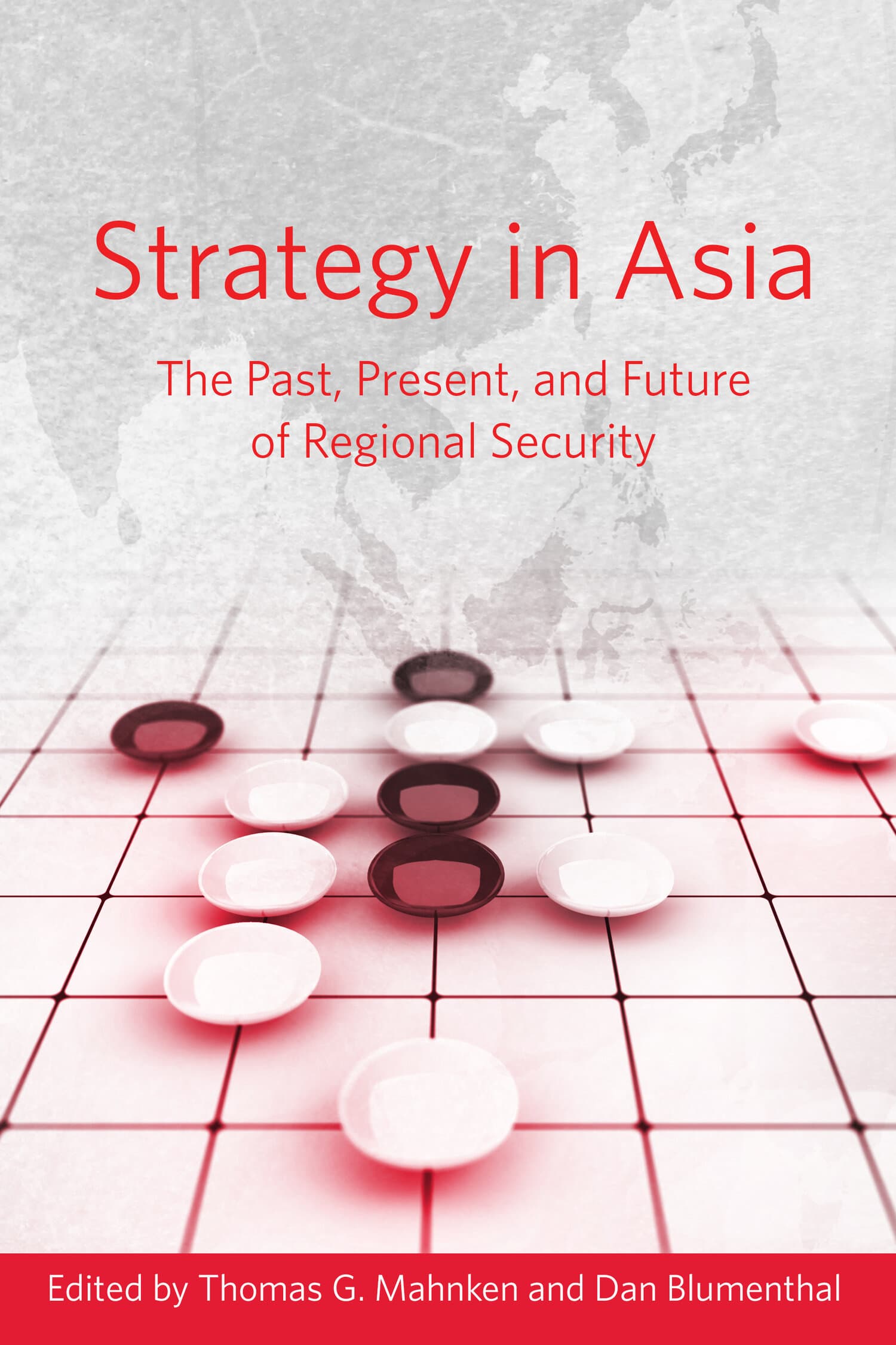Global Futures in East Asia

The East Asian economic miracle of the twentieth century is now a fond memory. What does it mean to be living in post-miracle times? For the youth of China, Taiwan, Japan, and South Korea, the opportunities and challenges of the neoliberal age, deeply shaped by global forces in labor markets, powerfully frame their life prospects in ways that are barely recognizable to their parents.
Global Futures in East Asia gathers together ethnographic explorations of what its contributors call projects of "life-making." Here we see youth striving to understand themselves, their place in society, and their career opportunities in the nation, region, and world. While some express optimism, it is clear that many others dread their prospects in the competitive global system in which the failure to thrive is isolating, humiliating, and possibly even fatal.
Deeply engaged with some of the most significant theoretical debates in the social sciences in recent years, and rich with rare cross-national comparisons, this collection will be of great interest to all scholars and students interested in the formation of subjects and subjectivities under globalization and neoliberalism.
"Global Futures in East Asia is a notable achievement. The book is methodologically solid and empirically rich. This is a volume to be read by students of international political economy in general as well as those who study East Asia."—Kazuya Fukuoka, Pacific Affairs
"Taken as a whole, Global Futures provides important insights, generated as a consequence of ethnography, which undoubtedly add to the literature relating to contemporary societies in East Asia."—Alex Cockain, The China Journal
"Global Futures in East Asia is a sophisticated set of ethnographic explorations of what it means to be a young person in contemporary East Asia, seeking a place in a world in motion. A lively and important read."—Tamara Jacka, author of Rural Women in Urban China: Gender, Migration and Social Change
"Global Futures in East Asia is the first cross-national, collaborative attempt to think through and ethnographically detail contemporary transformations in economy, value, labor, affect, and subjectivity in neoliberalized East Asia. This is a groundbreaking, necessary, and exciting work for anthropologists and all others who study East Asia today."—Marilyn Ivy, Department of Anthropology, Columbia University




